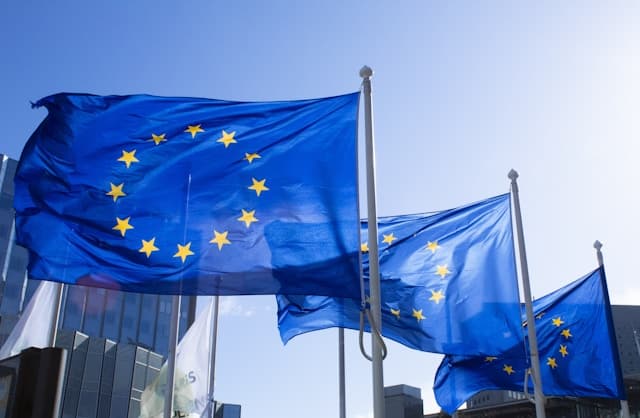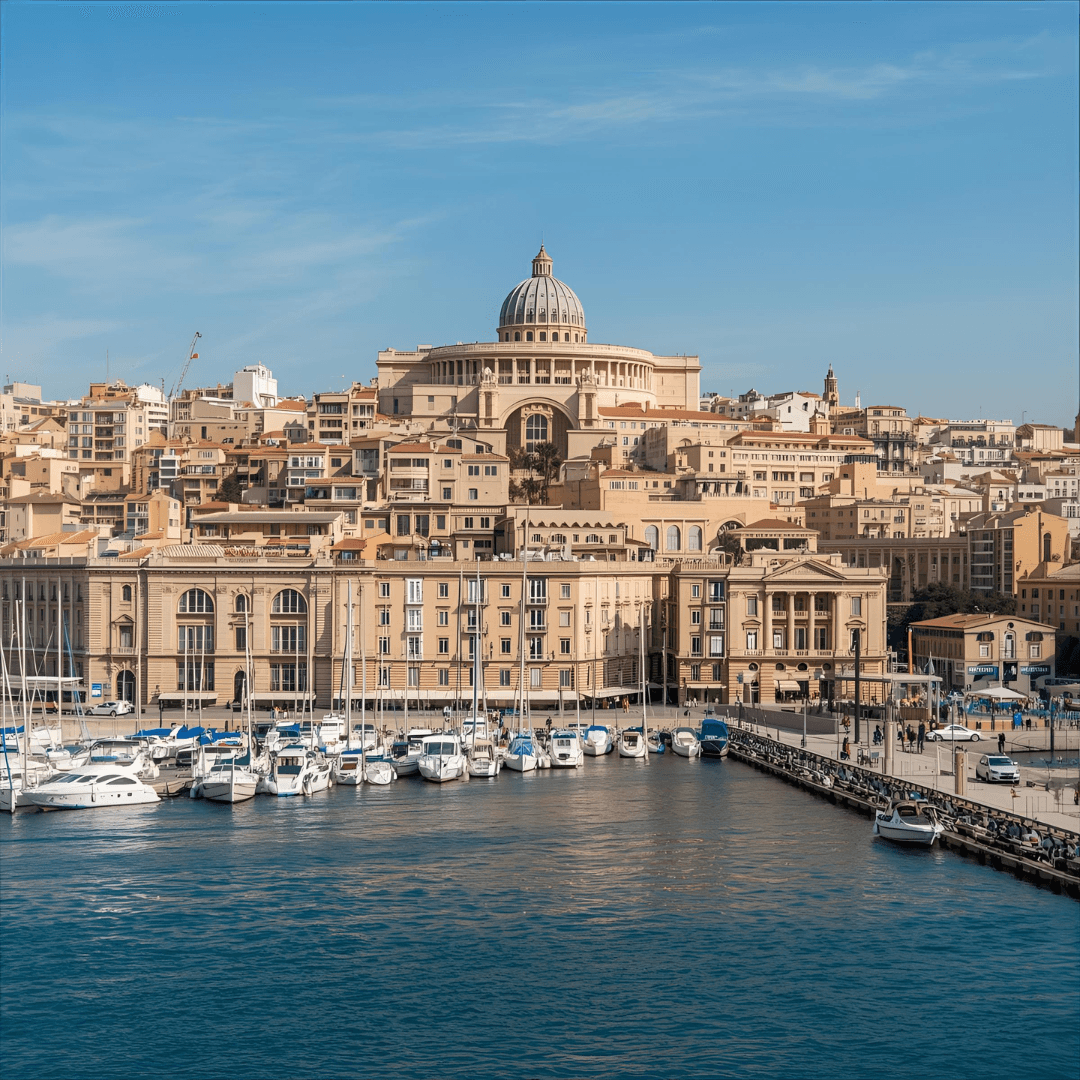Global News
The EU's General Court Annuls Sanctions Imposed on Russian Businessmen Petr Aven and Mikhail Fridman for the Period of February 2022 and March 2023
DATE
11 Apr, 2024
Read time
10
Key Aspects:
- EU's General Court has annulled sanctions imposed on two Russian businessmen Mikhail Fridman and Petr Aven, major shareholders of Alfa Group, for the period of February 2022 and March 2023.
- This decision only applies retroactively to the period up to March 2023, so the two businessmen still remain on the EU sanctions list. They have, however, appealed the extension of sanctions for the period after March 2023 in a separate case.
- In February 2022, the Council of the European Union imposed sanctions on Aven and Fridman, arguing that they were “associated with President Vladimir Putin”, and allegedly provided “material or financial support to Russian decision-makers”, and “supported actions and policies that undermine or threaten the territorial integrity, sovereignty and independence of Ukraine”.
- In its recent ruling the Court found that none of the reasons set out in the initial acts were sufficiently substantiated and that the inclusion of Aven and Fridman on the lists was not justified.
Analysis
On 10 April, the EU's General Court annulled sanctions imposed on two Russian businessmen Mikhail Fridman (a.k.a. Mikhail Maratovich Fridman) and Petr Aven (a.k.a. Petr Olegovich Aven), major shareholders of one of Russia's largest privately owned investment groups - Alfa Group, for the period of February 2022 and March 2023. The Court ruled that the reasoning behind the sanctions imposed in February 2022, was not "sufficiently substantiated." (see Cases Aven v Council, T-301/22, and Fridman v Council, T-304/22)
The businessmen have appealed the extension of sanctions for the period after March 2023 in a separate case. (see pending Cases Aven v Council, T-283/23, and Fridman v Council, T-296/23.)
Reasons for Imposing Sanctions
In February 2022, in response to the Russian invasion in Ukraine, the Council of the European Union placed Petr Aven and Mikhail Fridman on the lists of restrictive measures, freezing their funds and economic resources.
The Council referred to Fridman as “a top Russian financier and enabler of Putin’s inner circle”, while Aven was named as “one of Vladimir Putin’s closest oligarchs.” The Council argued that Aven and Fridman were associated with persons who are also subject to restrictive measures, as well as with President Vladimir Putin himself. They allegedly provided “material or financial support to Russian decision-makers”, and “supported actions and policies that undermine or threaten the territorial integrity, sovereignty and independence of Ukraine”.
Aven and Fridman’s Arguments in Challenging the Sanctions
In turn, Aven and Fridman appealed the sanctions, claiming that evidence put forward by the European Council was neither reliable, nor credible, and that the Council’s assessments were incorrect.
In support of their appeal, Aven and Fridman relied on the following four pleas in law:
- First plea in law, alleging an error in assessment. The applicants claimed that none of the evidence put forward by the Council met the requirements of the European case-law on the standard and quality of proof and that none of the assertions in the Council’s statement of reasons was well-established and none therefore fit into criteria (a) to (d) of Decision 2014/145/CFSP, in the version then in force, to which explicit reference was made by the Council in its statement of reasons.
- Second plea in law, alleging illegality of that criterion on account of a twofold infringement of the principle of proportionality. The applicants claimed that the criterion relied on by the Council was manifestly inappropriate with respect to the objective pursued and that it was possible to employ less-restrictive measures.
- Third plea in law, alleging the lack of a legal basis, on the ground that no sufficient link had been established between the category of individuals targeted by that criterion and the Russian Federation.
- Fourth plea in law, alleging an error in assessment, on the ground that the Council did not show that the applicants were prominent or leading businessmen or that they were involved in economic sectors providing a substantial source of revenue to the government of the Russian Federation.
Reasons for Lifting Sanctions
The General Court upheld the requests of Petr Aven and Mikhail Fridman and annulled the restrictive measures imposed on them for the period from 28 February 2022 to 15 March 2023.
The Court found that none of the reasons set out in the initial acts were sufficiently substantiated and that the inclusion of Aven and Fridman on the lists was not justified.
According to the Court, although there might be “a form of proximity” between Petr Aven and Mikhail Fridman and the Russian President Vladimir Putin, there was not enough evidence to prove that the two businessmen had “supported actions or policies that undermine or threaten the territorial integrity, sovereignty and independence of Ukraine, or that they have provided material or financial support to the Russian decision-makers responsible for the annexation of Crimea or the destabilisation of Ukraine, or that they have benefited from those decision-makers”.
Related articles




